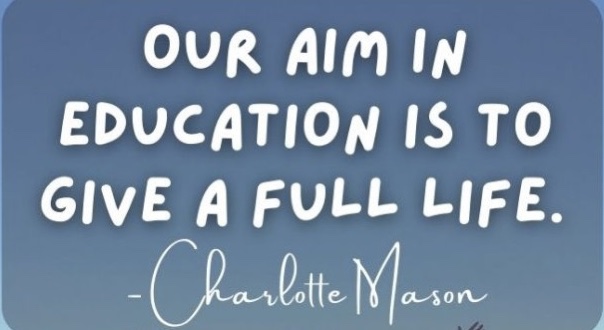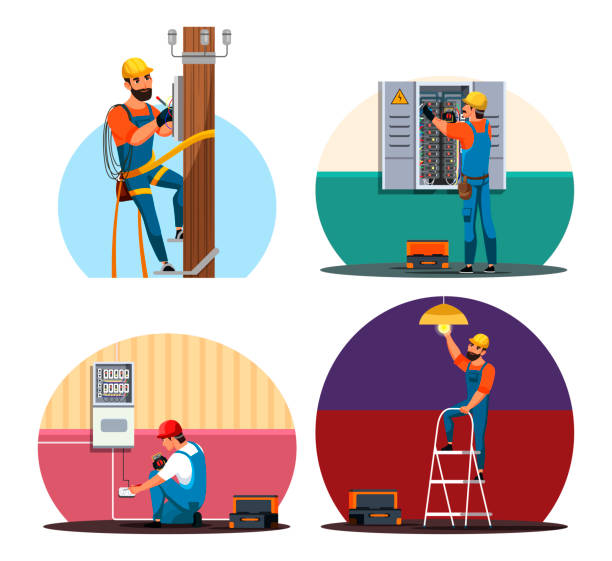LEGACY HARBOR COMMUNITY

Legacy Harbor was organized to provide a place for connection and support to families. Our goal is to foster and maintain close relationships with God, Spouse, Children, and each other in spite of cultural trends, past trauma, and other circumstances that keep us isolated and disconnected from relationships.
We connect with each other through social gatherings, shared activities, and shared study and learning times.
MICROSCHOOL COMMUNITY
 The Learning Lighthouse project of Legacy Harbor is leading the way in personalized education with a focus on academic mastery, hands-on lessons, and building critical thinking skills.
The Learning Lighthouse project of Legacy Harbor is leading the way in personalized education with a focus on academic mastery, hands-on lessons, and building critical thinking skills.
Is your child thriving in their educational environment? Do they enjoy learning and celebrating their progress? Are they building relational and thinking skills?
Discover a new path to freedom and faith in a stress-free education.
Imagine leaving behind the constraints of the current system and participating with your child in an educational environment that they actually enjoy . Our comprehensive approach offers practical steps and guidance to help students navigate their learning journey with confidence.
Join us in creating a brighter future for your child/ren, where true progress and fulfillment await. Take the first step towards a personalized education today!
PARENTING COMMUNITY

LEGACY LIGHTHOUSE: Legacy Lighthouse seeks to provide guidance and information for parents and home educators on this page as well as in-person connections.
EMPOWERED

EMPOWERED: Member shared skills, mentor, volunteer, and fundraising project.
Legacy Harbor (682) 593-3060
Learning Lighthouse (682) 772-2214
Email:
[email protected]
[email protected]
